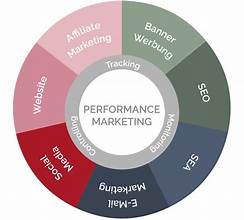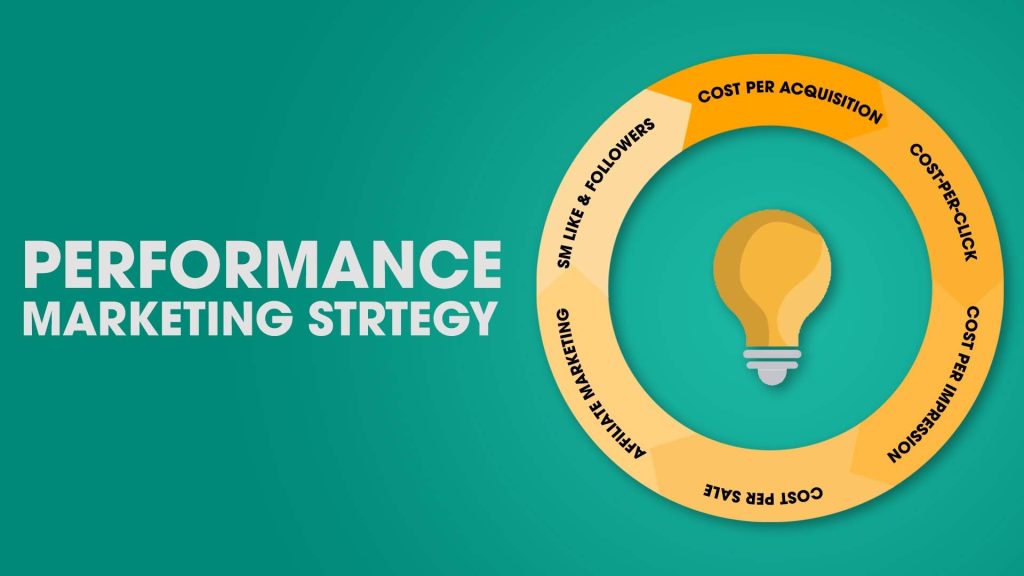Performance marketing is a form of digital advertising where advertisers only pay for specific actions or results that are achieved, rather than paying upfront for ad placements. The actions can include clicks, leads, sales, sign-ups, or other measurable ouFeatures of Performance Marketing:
Features of Performance Marketing:
Measurable Results: Businesses can track actions like purchases, sign-ups, or clicks, making it easier to assess the effectiveness of each marketing effort.
Cost-Effective: Since businesses only pay for actual results (like a lead or sale), it’s a more budget-friendly approach. You don’t spend money on impressions or views that don’t lead to measurable actions.
Optimized Campaigns: Businesses can adjust campaigns based on real-time performance data. If one ad performs better, it can receive more budget, while underperforming ads can be revised or paused.

Performance Marketing Helps Businesses:
Better ROI (Return on Investment):
- Performance marketing focuses on delivering measurable results, so businesses can directly correlate spending with outcomes, improving their return on investment.
argeted Advertising:
- Performance marketing often uses data to target the right audience with personalized ads. This helps improve the chances of converting viewers into actual customers or leads, increasing overall marketing efficiency.
Flexibility:
- Businesses can work across various channels, including affiliate marketing, social media, and search engines, and adjust their approach based on what’s working.
Examples of performance marketing:
Examples of Performance Marketing Channels:
- Affiliate Marketing: Partnering with influencers or publishers who promote your product. You pay them a commission for each sale or lead they generate.
- PPC (Pay-Per-Click): Ads on search engines (like Google) or social media where businesses pay each time someone clicks on the ad.
- Display Ads: Paying for ads that appear on other websites but only paying when a user interacts with the ad or performs an action.
- Email Marketing: Sending targeted emails and paying for each conversion (e.g., purchase, sign-up, etc.) resulting from the campaign.


